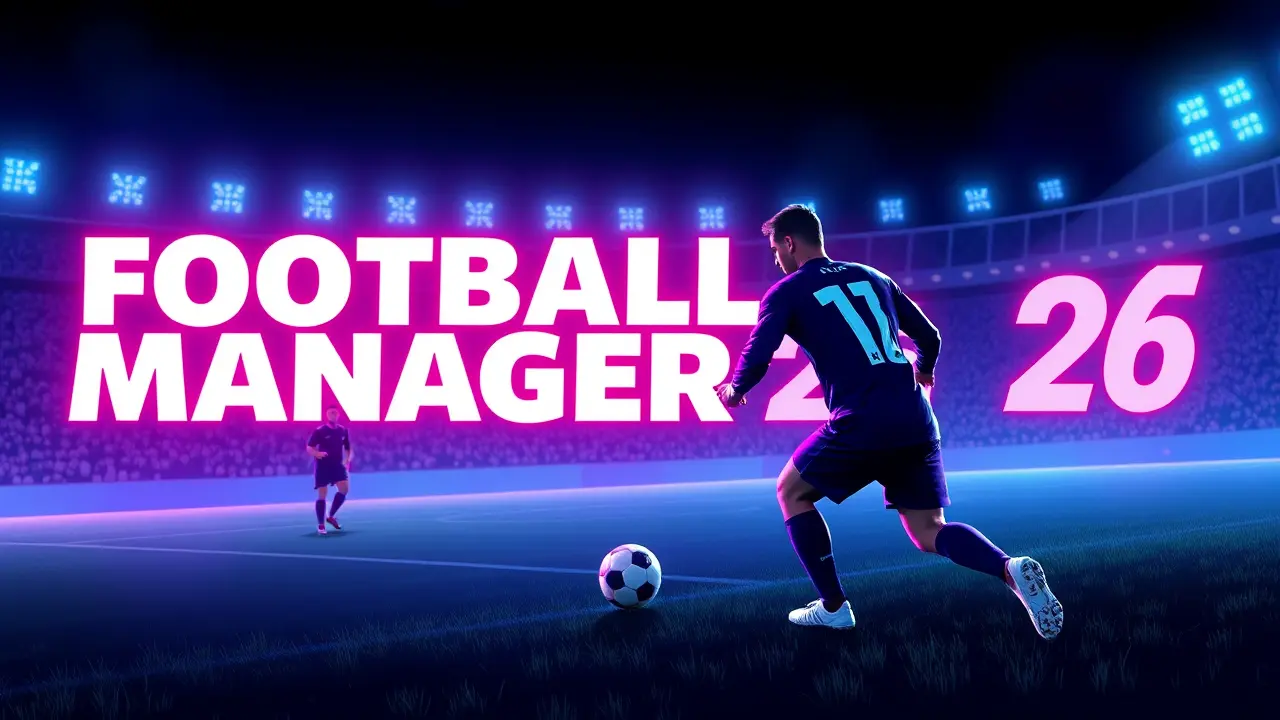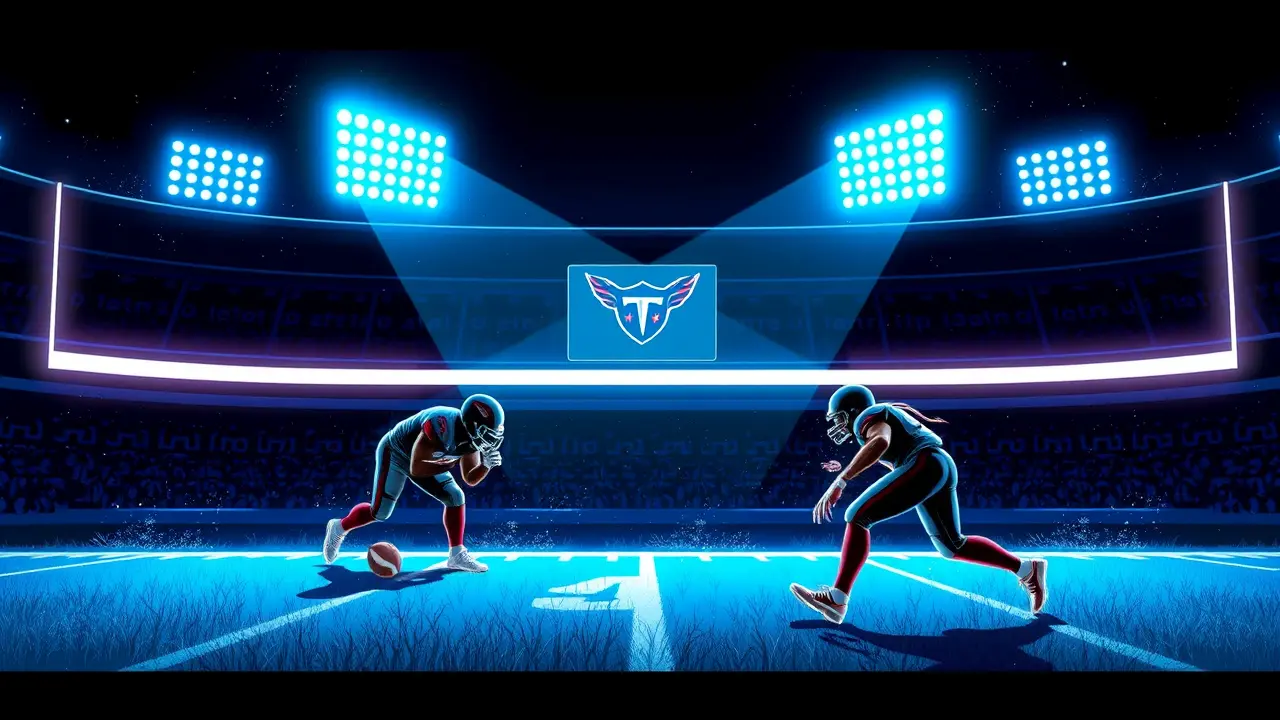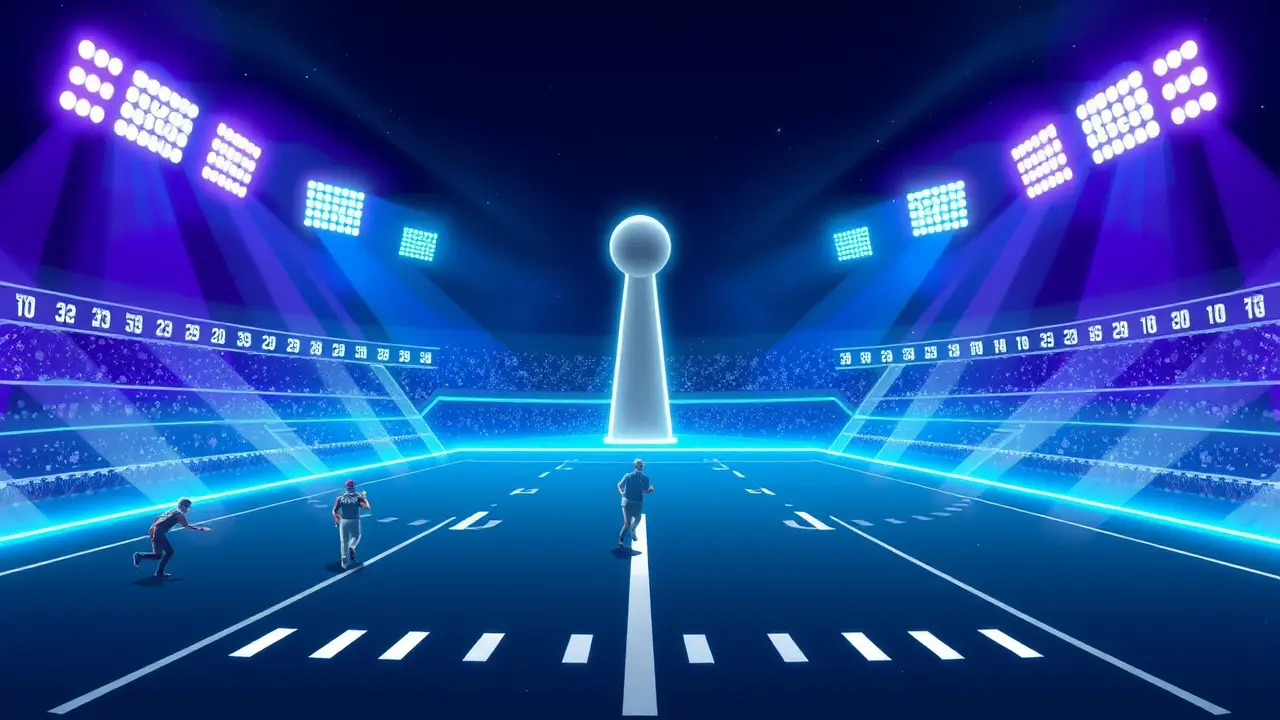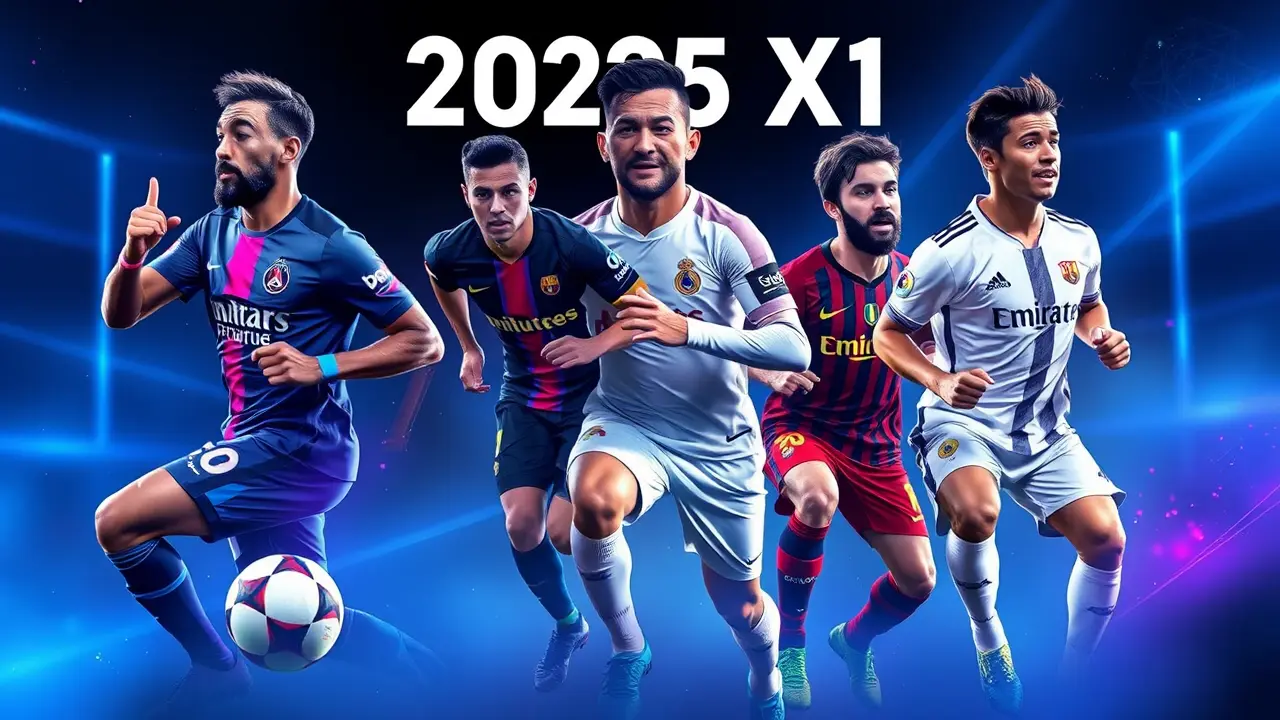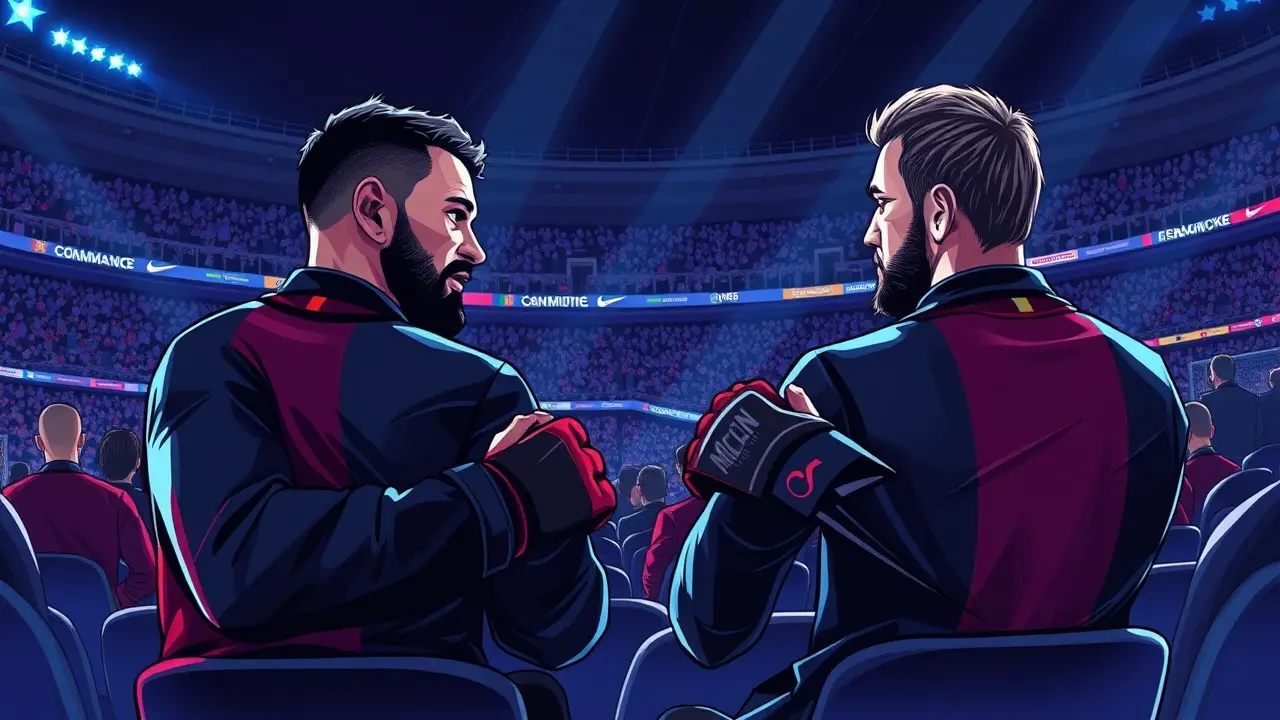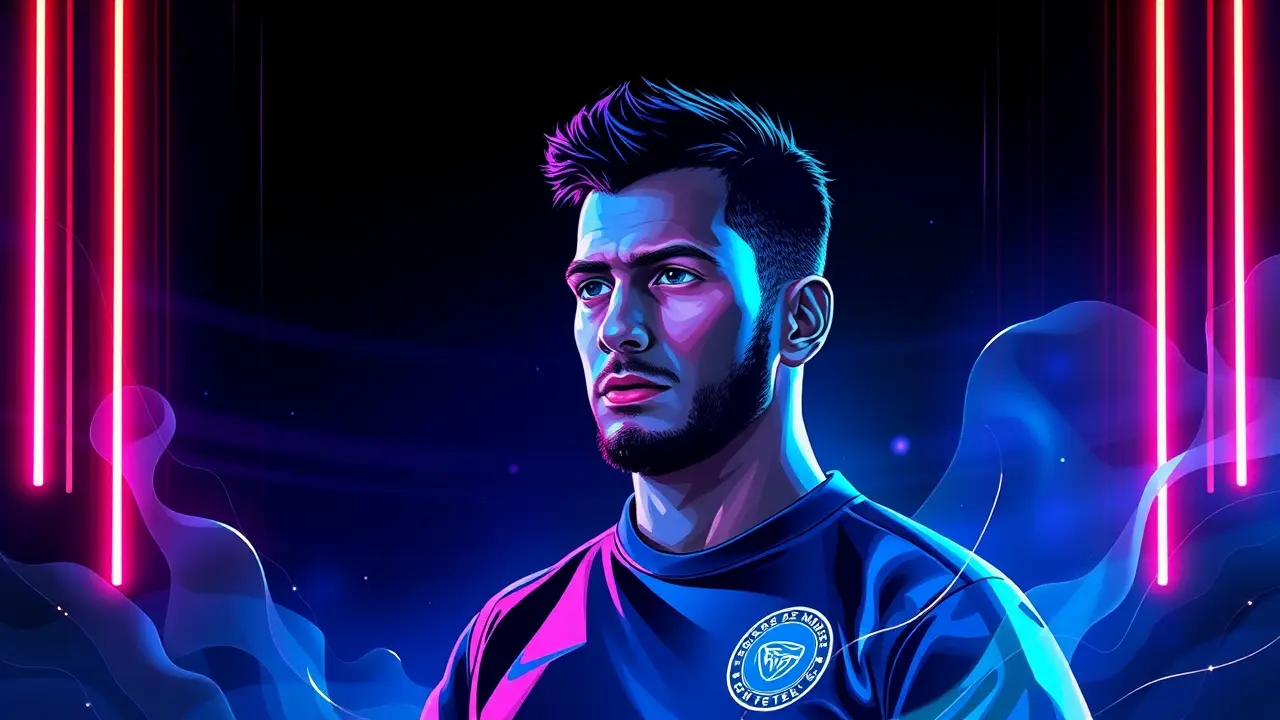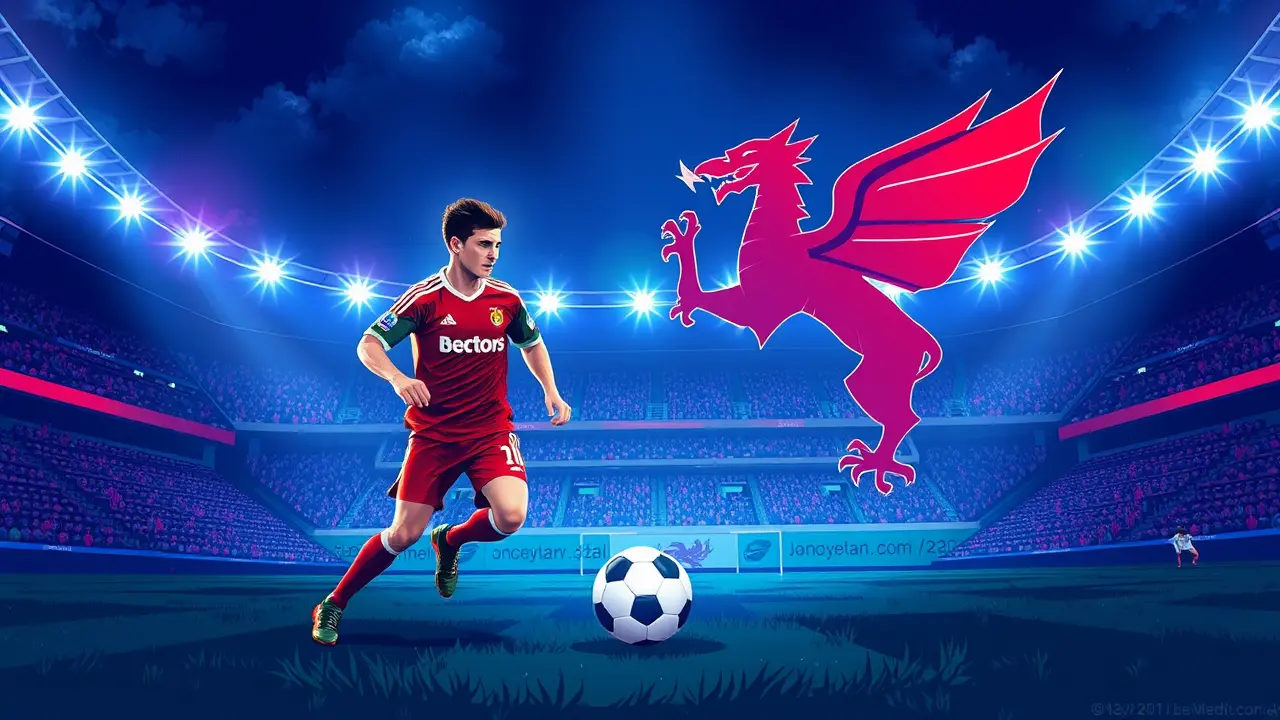
SportfootballUEFA Champions League
Crew, Andrews and Biancheri in Wales U21 squad
JA
Jack Turner
7 hours ago7 min read
The announcement of the Wales Under-21 squad for this month's pivotal Euro 2027 qualifier against Belarus carries the distinct weight of a nation's footballing future being forged in the crucible of international youth competition. At the heart of Matty Jones' selection are three names that resonate with the promise of a new generation: Charlie Crew of Leeds United, currently honing his craft on loan at Doncaster Rovers, Coventry City's Kai Andrews, and Manchester United's Gabriele Biancheri.These are not merely prospects; they are senior internationals dipping back into the youth setup, a move that speaks volumes about the seriousness with which the Football Association of Wales is approaching this campaign. Crew, with his six under-21 caps, brings a metronomic presence in midfield that invites comparisons to a young Joe Allen, his ability to dictate tempo and recycle possession providing the essential bedrock for more attacking talents to flourish.Alongside him, Andrews' three caps have showcased a versatility and footballing intelligence that belies his years, a player who seems to have absorbed the tactical nuances of the modern game with an ease that is rare at this level. Then there's Biancheri, the Red Devils' academy star whose inclusion is turbocharged by the momentum of his first start last month—a performance capped with a goal in the vital 2-0 away victory against Austria.Scoring on your full debut is one thing; doing it in a hostile environment to secure three priceless points is the kind of act that separates potential from genuine pedigree, a moment that will be replayed in highlight reels and talent scout reports for years to come. That win in Linz, which also featured a crucial strike from Leicester City's Chris Popov—another who retains his place—was more than just three points; it was a psychological lifeline, hauling Wales off the bottom of Group J and above their upcoming opponents, Belarus.The group table now presents a tantalizingly tight picture: with three points from three games, the young Dragons sit just one point behind the chasing pack of Denmark and Austria, who themselves trail the group leaders, a formidable Belgium side, by four points. This sets the stage for a classic underdog narrative, where every pass, every tackle, and every tactical decision carries exponential significance.The return of players like Kit Margetson, Cian Ashford, and Joel Cotterill adds valuable depth and experience, while Exeter City defender Ed James returns from a one-match suspension, his presence likely to solidify a backline that will be tested. The continued faith in uncapped duo Dakarai Mafico, the Cardiff City midfielder who received his first call-up last month, and goalkeeper Luke Armstrong signals a commitment to building for the long term, even as the immediate pressure intensifies.That pressure was starkly illustrated in the other fixture of the previous window—a sobering 7-0 home defeat to Belgium, a result that serves as a brutal reminder of the gulf in class that can exist at this level and the harsh, unforgiving nature of elite qualification pathways. The upcoming fixture itself is shrouded in the grim geopolitics of our time.With Belarus banned from hosting matches due to the nation's support for Russia's invasion of Ukraine, the game has been displaced to the neutral, and somewhat surreal, setting of the Tengiz Burjanadze Stadium in Gori, Georgia. It will be played behind closed doors on Friday, 14 November, a 14:00 GMT kick-off in an empty arena—a silent, eerie stage for a contest of such consequence.This absence of a roaring crowd strips the game down to its purest, most psychological elements; it becomes a test of internal motivation, communication, and sheer will, where the shouts of players and coaches will echo in the void, every instruction and exhortation laid bare. The broader context of the Euro 2027 qualification pathway, which culminates in a finals hosted jointly by Serbia and Albania, adds another layer of strategic complexity.Only the nine group winners and the single best runner-up are granted an automatic ticket to the tournament. For the eight other second-place finishers, the gauntlet of play-offs awaits, a nerve-shredding mini-tournament to decide the final four qualifiers.For Wales, a nation whose senior team has so captured the imagination in recent major tournaments, success at the under-21 level is not a mere developmental exercise; it is the essential pipeline, the proving ground where the Bales, Ramseys, and Allens of tomorrow are tempered. The selection of this squad, therefore, is a carefully calibrated bet on the future.It balances the immediate firepower of established youth talents like Crew and Andrews with the raw, untapped potential of Mafico and Armstrong, all while navigating the logistical and emotional challenges of a neutral-venue, closed-doors fixture. The match against Belarus is more than just one game in a long qualification cycle; it is a pivotal moment that could define the trajectory of Welsh football for the next decade, a single, 90-minute chapter in the ongoing story of a nation determined to punch above its weight on the world's most demanding sporting stages.
#Wales U21 squad
#Euro 2027 qualifiers
#Charlie Crew
#Kai Andrews
#Gabriele Biancheri
#featured
#Belarus
#Georgia
#Matty Jones
Stay Informed. Act Smarter.
Get weekly highlights, major headlines, and expert insights — then put your knowledge to work in our live prediction markets.
Related News
© 2025 Outpoll Service LTD. All rights reserved.
